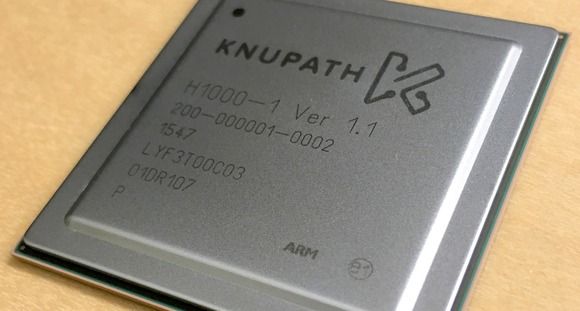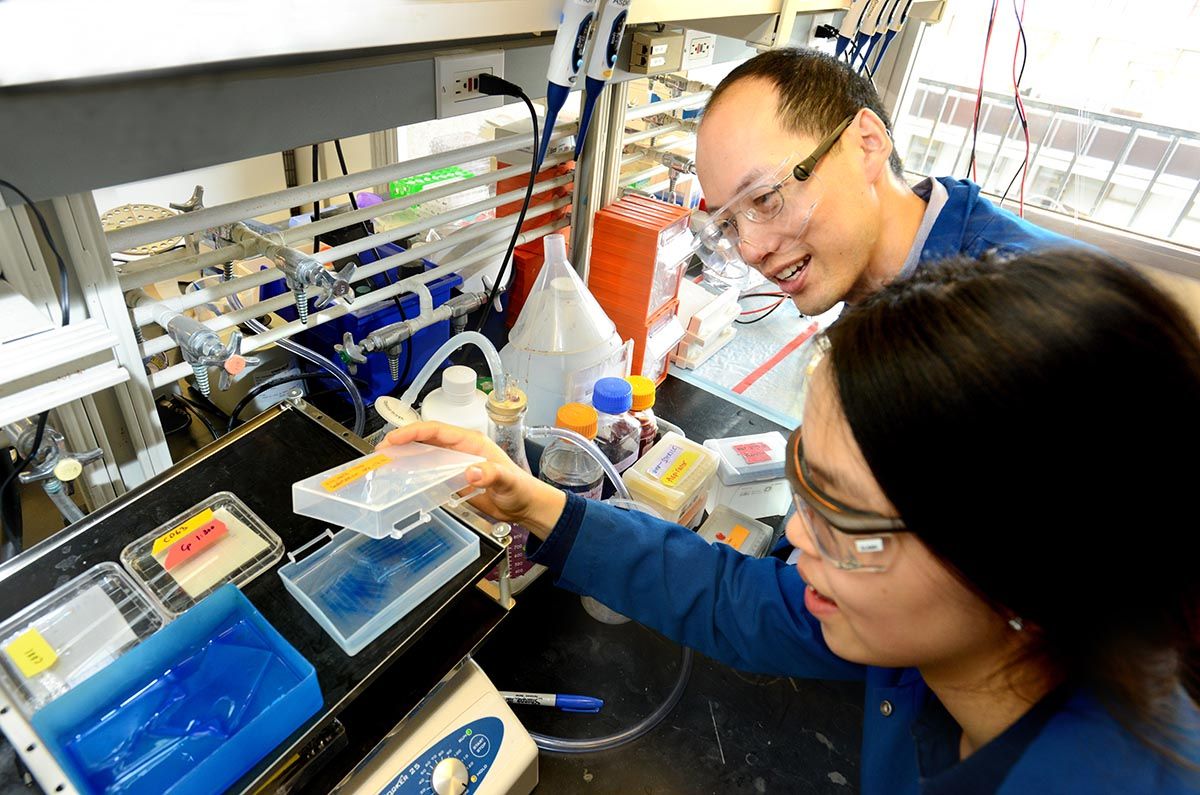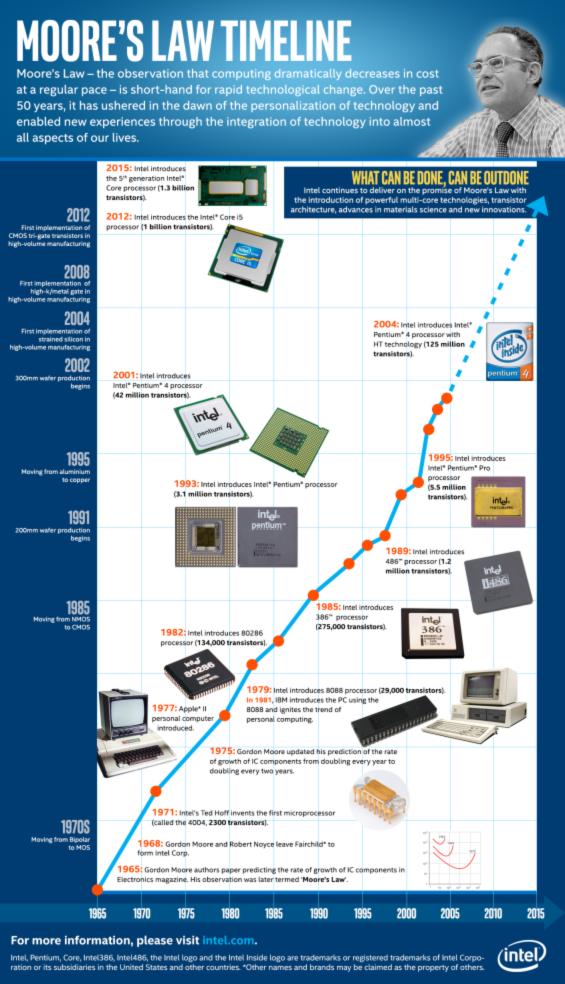Page 11131
Jun 6, 2016
Future Military Technology — US Military Secret Weapons Technology (Full Documentary)
Posted by Karen Hurst in categories: electronics, government, military

America Future Secrets Military Weapons #Mind Blow (Full Documentary)
MOST FEARED Weapons Technology for US Military (Message to world) 2016.
Jun 6, 2016
Elon Musk thinks we should insert ‘neural laces’ into our brains so we can become cyborgs
Posted by Karen Hurst in categories: cyborgs, Elon Musk, neuroscience, robotics/AI, singularity
Too funny; 2 days ago the article was that Musk feared the future of Singularity and Cyborgs; now he believes that we should become cyborgs. Musk needs to make his mind up; however, I am beginning to wonder about him.
Related: Elon Musk thinks we’re basically living in the Matrix, and we should be glad about it
This week, in a conversation at Recode’s annual Code Conference, Musk shared a tentative idea for something called “neural laces,” which he imagines could mitigate the risk of humanity becoming something of a pet to superintelligence.
Jun 6, 2016
Non-experts typically better at forecasting future than experts
Posted by Karen Hurst in categories: economics, employment
Interesting twist; wonder how many tax dollars paid for the experts?
There is a bitter truth for economists, as well as professionals in other areas. Non-experts are typically better at forecasting future trends than experts.
It has been argued that economists should be historians rather than meteorologists and many years before the recent economic crash, John Kenneth Galbraith, the late Harvard economist, joked: “The only function of economic forecasting is to make astrology look respectable.”
Continue reading “Non-experts typically better at forecasting future than experts” »
Jun 6, 2016
A former NASA chief just launched this AI startup to turbocharge neural computing
Posted by Karen Hurst in categories: biological, computing, military, neuroscience, robotics/AI, security
Good for him.
A new company launched Monday by former NASA chief Dan Goldin aims to deliver a major boost to the field of neural computing.
KnuEdge’s debut comes after 10 years in stealth; formerly it was called Intellisis. Now, along with its launch, it’s introducing two products focused on neural computing: KnuVerse, software that focuses on military-grade voice recognition and authentication, and KnuPath, a processor designed to offer a new architecture for neural computing.
Jun 6, 2016
Kingston DataTraveler HyperX Predator 1TB USB 3.0 Flash Drive (DTHXP30/1TB)
Posted by Shailesh Prasad in category: computing
Zinc alloy metal casing with HyperX Valet Keychain.
Why Do You Need the Faster Speeds of USB 3.0?
Jun 6, 2016
Copper is key in burning fat: Scientist says results could provide new target for obesity research
Posted by Karen Hurst in categories: biotech/medical, education, genetics
Interesting concept; my only concern is to individuals with nuero diseases or prone through genetics to have neuro diseases. For Dystonia patients/ victims who have copper compounds in their systems can potentially develop a form of secondary dystonia which can be terminal. Also, my years in the labs at ORNL taught us a lot about heavy metal exposures (including copper compounds); so I am a bit taken back by this article.
A new study is further burnishing copper’s reputation as an essential nutrient for human physiology. A research team led by a scientist at the Department of Energy’s Lawrence Berkeley National Laboratory (Berkeley Lab) and at the University of California, Berkeley, has found that copper plays a key role in metabolizing fat.
Long prized as a malleable, conductive metal used in cookware, electronics, jewelry and plumbing, copper has been gaining increasing attention over the past decade for its role in certain biological functions. It has been known that copper is needed to form red blood cells, absorb iron, develop connective tissue and support the immune system.
Jun 6, 2016
Cancer drug prices highest in U.S., least affordable in India, China: study
Posted by Karen Hurst in categories: biotech/medical, health, life extension
I believe that we have been at a tipping point for a while with the public being able to maintain their tolerance levels of paying high prices for healthcare across the globe. This article highlights this well.
Foundations like PhG, medical institutes and companies such as InnVentis and Insilico Medicine have been taking this challenge on by developing treatments and technologies such as InnVentis precision medicine technologies, Insilico’s.
Anti-aging research and treatments all used to improve the success rates and costs of treatment of diseases such as cancer. The sooner that we can bring many of these new nextgen treatments into the mainstream the better.
Continue reading “Cancer drug prices highest in U.S., least affordable in India, China: study” »
Jun 6, 2016
Quantum Computing And How You Can Get Involved Now
Posted by Karen Hurst in categories: business, computing, education, mobile phones, quantum physics
Change is coming; will you be ready?
I remember many decades ago when folks were trying to learn a new OS that changed businesses, governments/ educational institutions, and households around the world. That OS was called Windows; and hearing the stories as well as watching people try to use a PC and a mouse was interesting then.
Now, the world will again go through a large scale metamorphosis again when more and more QC is evolved and made available over the next 5 to 7 years in the technology mainstream. Change is often necessary and often can be good as well.
You might ask yourself, “What is quantum computing, and how do I get involved?”
Continue reading “Quantum Computing And How You Can Get Involved Now” »
Jun 6, 2016
Microsoft gives millions to fund quantum computing research at Purdue
Posted by Karen Hurst in categories: computing, quantum physics
Change is coming; and Microsoft will be there.
With funding from Microsoft, a Purdue research team known as ‘Station Q Purdue’ will research potential methods of quantum computing.
“In order to see if these ideas that (Microsoft) has are realistic, whether they can be experimentally verified and then put to use, (Microsoft) has teamed up with certain experimentalists around the world,” said professor Michael Manfra, the director of Station Q Purdue.
Continue reading “Microsoft gives millions to fund quantum computing research at Purdue” »
















